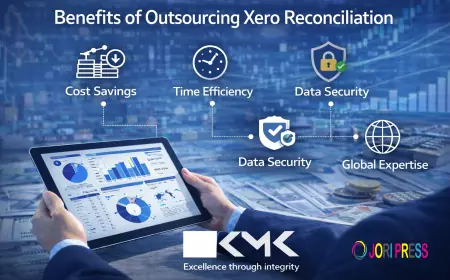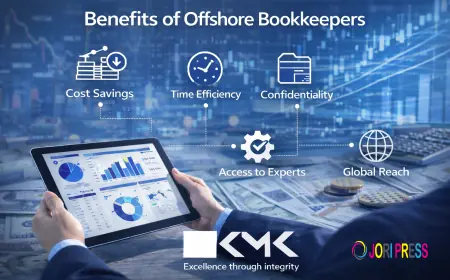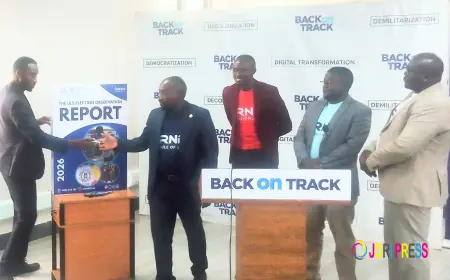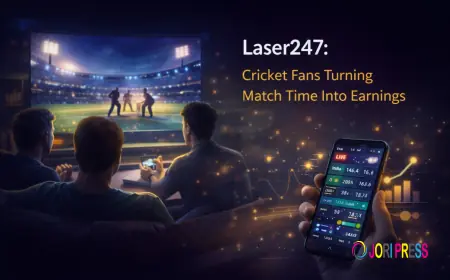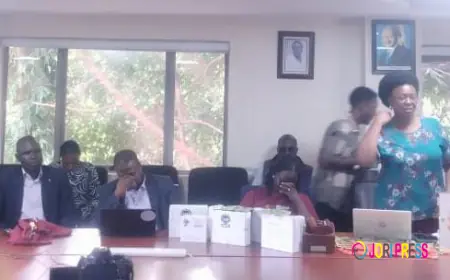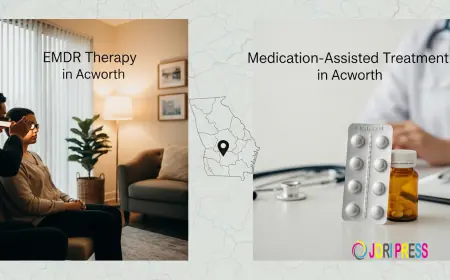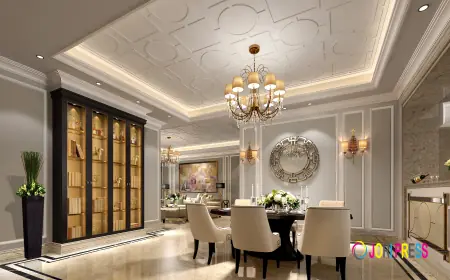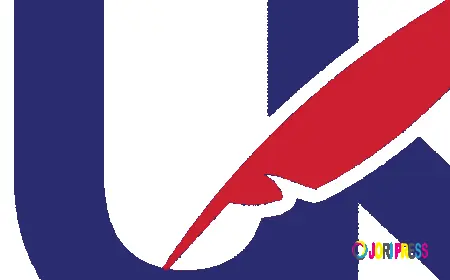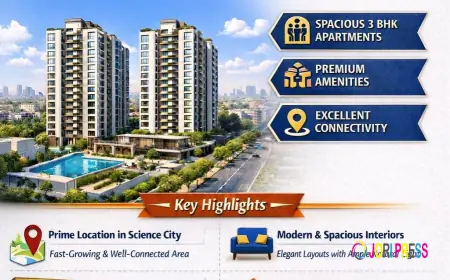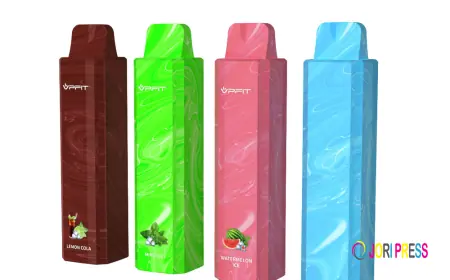Cost-Effective Office Renovation Services in Dubai: What to Expect
Office Renovation Services in Dubai can feel like navigating a maze of regulations, design choices, and fast-moving timelines.
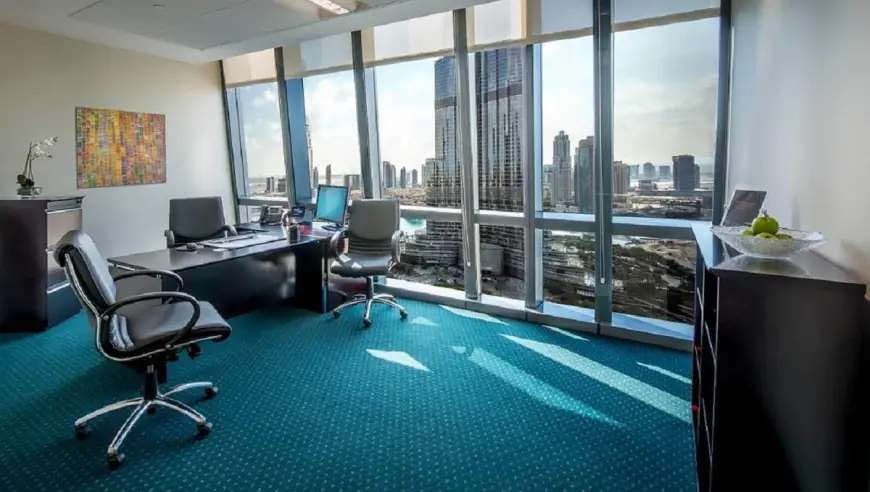
The good news with a clear plan and the right partners, you can refresh your workspace without overspending or disrupting business. Here’s what to expect from cost-effective office renovation services in Dubai, step by step, from first call to handover.
A Discovery Call That Focuses on ROI, Not Just Aesthetics
Budget-friendly firms start by understanding why you’re renovating. Are you trying to fit more staff into the same footprint? Improve client-facing areas? Enhance collaboration or employee well-being?
Expect your initial consultation to translate those goals into measurable outcomes, like higher desk density, lower energy bills, or better meeting room utilization, before anyone talks, finishes, or moves furniture. You should leave this call with a rough budget range and a sense of the project’s phasing to minimize downtime.
Transparent Scoping and Tiered Options
Cost-effective providers won’t force you into a single “all-in” package. Instead, they’ll present tiered options:
Essential refresh (paint, lighting upgrades, carpet tiles, minor partitions)
Mid-level improvements (acoustic solutions, modular meeting rooms, upgraded MEP fixtures)
Comprehensive makeover (new layouts, brand integration, smart systems, custom joinery)
Each tier should include a line-item breakdown so you can swap elements in or out. Ask for “value-engineered” alternates—materials or methods that deliver a similar look or function at lower cost, without compromising compliance.
Compliance Guidance: DDA, EHS, and Landlord Approvals
Office Renovation Services in Dubai, building standards are strict and vary by free zone or building management. A cost-effective contractor prevents expensive rework by getting approvals right the first time. Expect support with:
Authority requirements (Dubai Municipality, Trakhees, TECOM, DIFC, or free zone authorities)
MEP compliance (load calculations, air quality, fire alarm, and suppression integration)
Landlord fit-out guidelines (approved materials, working hours, noise policies)
If your provider doesn’t bring up approvals early, that’s a red flag. Delays here are budget killers.
Smart Space Planning That Uses Every Dirham
The cheapest square meter is the one you already lease. A savvy designer will boost capacity and comfort through:
Modular zones: Hot-desking neighborhoods, touchdown bars, and huddle spaces that flex by team size.
Acoustic layering: Carpet tiles, acoustic baffles, and phone booths to tame noise without permanent walls.
Circulation efficiency: Clear walkways and efficient layouts to meet fire codes and improve flow.
Natural light strategy: Positioning workstations to share daylight reduces the need for high-end fixtures.
Request a test-fit plan and a few 3D visuals or mood boards before committing. This small upfront investment keeps the build phase lean and predictable.
Material Choices That Balance Durability and Cost
Dubai’s climate, with heat and dust, calls for practical finishes. Cost-effective picks include:
Flooring: Replace broadloom with carpet tiles, cheaper to maintain and easier to swap after spills.
Walls: Washable, low-VOC paints in neutral palettes, with brand accents via wall graphics instead of expensive claddings.
Joinery: Laminates or compact laminates for reception counters and pantry areas; save premium veneers for client-facing zones only.
Ceilings & lights: LED panel lights with occupancy sensors; remove outdated false ceilings in select areas for an industrial look that saves on materials and boosts height (mind acoustic treatment).
Partitions: Demountable glass systems—they cost more upfront than gypsum, but reduce future reconfiguration costs and preserve daylight.
Ask for warranty details and samples you can stress-test in the office (coffee spill on carpet tile, anyone?).
MEP Upgrades That Pay for Themselves
Mechanical, electrical, and plumbing works are where budgets can balloon. The cost-effective approach is surgical, not sweeping:
HVAC balancing: Rebalancing and cleaning ducts often solves hot/cold spots without new equipment.
LED retrofits: Lower energy use and heat load, plus reduced maintenance.
Smart controls: Motion sensors and timed lighting controls; smart thermostats in meeting rooms.
Water-saving fixtures: Especially in pantries and washrooms—small change, significant savings.
Insist on as-built drawings and updated load schedules at handover—they protect you in future upgrades.
A Realistic Timeline (and Phasing Plan) to Avoid Disruption
In Dubai’s fast-paced market, speed matters. Cost-effective contractors phase works around your operations:
After-hours work for noisy tasks.
Decanting strategies to move teams between zones as areas are completed.
Early procurement of long-lead items (glass systems, custom joinery) to prevent idle labor.
You should receive a Gantt-style schedule with critical milestones and a site rules plan (work windows, delivery routes, waste disposal).
Clear Cost Controls: No Surprises
The right partner will protect your budget with:
Bill of Quantities tied to drawings.
Provisional sums only where unknowns exist (e.g., behind-wall surprises), plus contingency (typically 5–10%).
Change control: Any variation documented with cost/time impact before approval.
Weekly cost trackers so you see spend vs. plan in real time.
This rigor is what separates “cheap” from “cost-effective.”
Sustainability That Cuts Operating Costs
Green doesn’t have to be expensive. Practical, cost-saving steps include:
Low-VOC materials to improve air quality and reduce sick days.
LED and controls to slash electricity bills.
Re-use strategies: Refurbish workstations, keep serviceable ceiling grids, and replace only damaged carpet tiles.
Biophilic touches: Easy-care plants and natural textures improve wellbeing without large capital outlay.
If you’re targeting certifications later (LEED, WELL), design now with future prerequisites in mind, even if you skip formal certification.
Technology Integration Without Overbuying
Aim for scalable, modular tech:
Cable management and underfloor raceways for clean desks and future-proofing.
Meeting room standards: One “gold standard” kit (display, camera, mic) replicated across rooms for easy support.
Access control: Mobile credentials reduce card costs over time.
Smart booking: Basic room/desk booking software increases utilization without complex BMS integrations.
Choose platforms with open APIs to avoid vendor lock-in.
Health, Safety, and Site Etiquette
Expect adherence to Dubai safety norms:
Method statements and risk assessments before work.
Fire watch and hot works permits where applicable.
Daily housekeeping: Dust control, sealed work zones, and tidy storage to keep your live office professional.
A safe, orderly site is almost always a sign of a disciplined, budget-friendly contractor.
Handover That Sets You Up for the Next Change
Your final package should include:
As-built drawings (CAD/PDF), ceiling, and MEP layouts.
O&M manuals for installed equipment and finishes.
Warranty list with expiry dates and contacts.
Snag the list closure report and a short defects liability period plan.
Maintenance schedule for cleaning and replacements (particularly carpets, A/C filters, and sealants).
Good documentation keeps future tweaks affordable.
Typical Budget Ranges (and Where Money Goes)
While every project is unique, many Dubai office refreshes fall into these rough bands (excluding new furniture):
· Light refresh: AED 150–300/sqm
· Mid-range fit-out: AED 300–600/sqm
· High-spec/brand-forward: AED 600–1,000+ /sqm
Major cost drivers: glazing systems, custom joinery, MEP alterations, and program speed (the faster you want it, the more night work and premium labor you’ll pay).
Quick Checklist for Cost-Effective Success
· Define goals in business terms (capacity, client experience, energy savings).
· Demand tiered proposals and VE options.
· Verify authority and landlord compliance early.
· Prioritize modular layouts and demountable partitions.
· Invest in LED, controls, and HVAC balancing.
· Phase the project to keep the office live.
· Track costs weekly; approve changes in writing.
· Document everything at handover.
Final Word
Cost-effective Office Renovation Services in Dubai isn’t about cutting corners; it’s about planning smarter, choosing durable materials, and partnering with a contractor who treats compliance, phasing, and documentation as non-negotiables. When those pieces align, you get a workspace that looks sharp, supports productivity, and stays flexible, without the sticker shock.
What's Your Reaction?
 Like
0
Like
0
 Dislike
0
Dislike
0
 Love
0
Love
0
 Funny
0
Funny
0
 Angry
0
Angry
0
 Sad
0
Sad
0
 Wow
0
Wow
0

